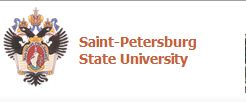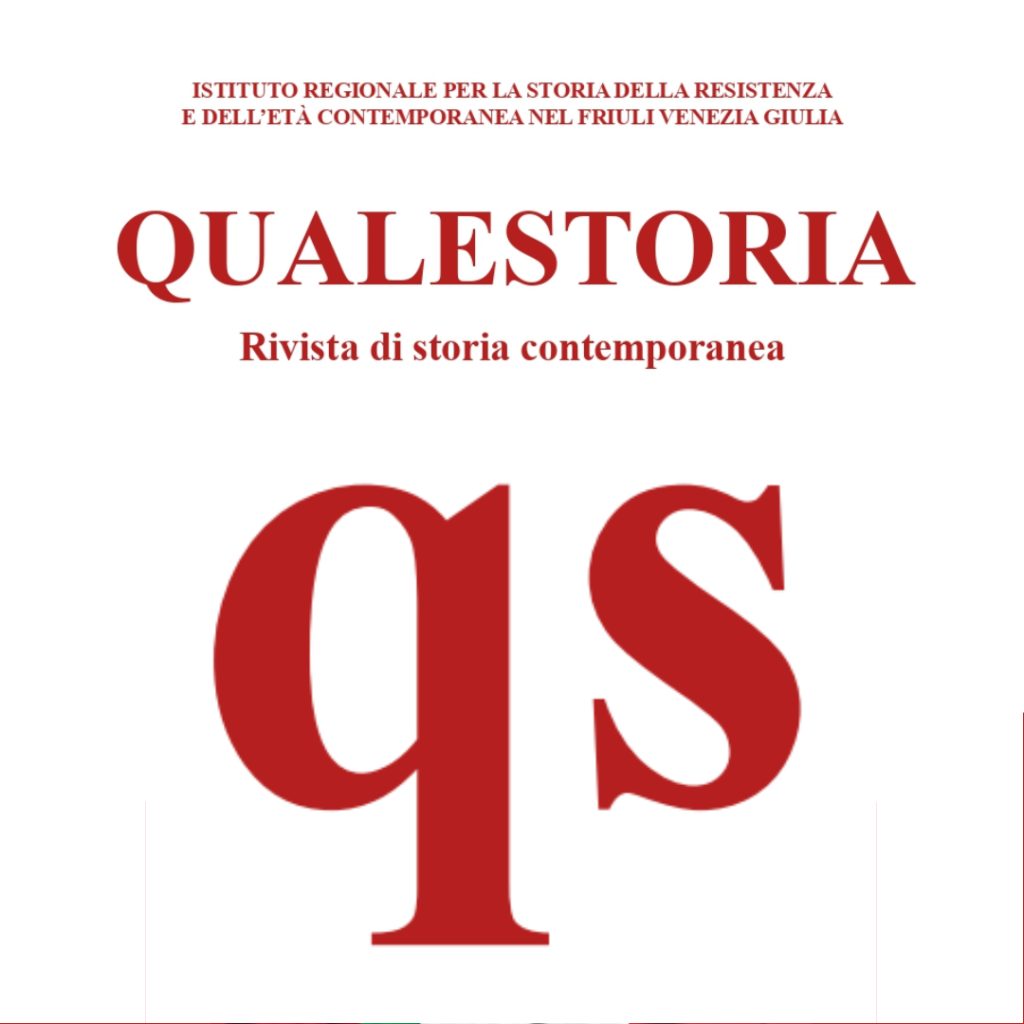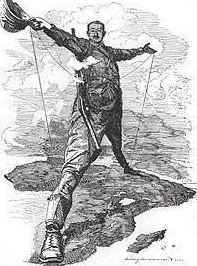 Russian Statehood: The Authorities and Society during the Twentieth Century
Russian Statehood: The Authorities and Society during the Twentieth Century
Deadline: 1 January 2013
On 30-31 May 2013, St. Petersburg State University’s Faculty of History will hold an international research conference entitled “Russian Statehood: The Authorities and Society during the Twentieth Century.”
This idea builds off of the Faculty’s prior success hosting an international conference in October 2010 dedicated to the study of late Stalinism and the epoch of N.S. Khrushchev and it hopes to, within the
parameters of this future conference, continue its scientific dialogue with historians from different countries who also study Russia’s contemporary history.
The creation and development of the Russian state remain questions of great importance even as they have been studied in many ways by Russian historians and their foreign colleagues. Already this year (2012), the
attention of scientific circles within the Russian Federation has been drawn to the 1150th anniversary of the birth of the Russian state. Now, research is set to continue in 2013—a meaningful year if ever there was
one for this area of knowledge. Four hundred years ago began the rule of Romanovs which to significant extent determined the particularities of Russia’s subsequent development as a state. The year 2013 should
also attract the attention of historians for it was 100 years ago that a period of relatively stable growth ended and the First World War and Bolshevik Revolution brought a new era of development for Russia.
The conference’s Organizing Committee invites you to take part in the discussion of questions that remain hotly debated especially as the Russian Federation continues to experience developments connected to the
ongoing formation of a new form of statehood. This conference has already received support from the St. Petersburg City Government’s Committee for External Ties as well as the B.N. Yeltsin Presidential Library. During the conference’s proceedings, the Organizing Committee hopes to examine the following “blocks” of problems:
1. Russia’s revolutions and wars of the 20th and 21st Centuries
2. Transformations of the political system, the economy, and society
3. Problems building a nation-state and the collapse of states
4. Issues involving culture including relationships between the intelligentsia, the authorities, and the people
The language of the conference is Russian. Those scholars selected to present at the conference may elect to have the Organizing Committee translate their presentations from their language of choice to Russian in
the months prior to the conference’s taking place. The articles off of which these presentations are based may also be translated into Russian if they are selected for publication in a conference compendium to appear at
a later date.
The Organizing Committee plans to take upon itself the costs of two-nights lodging plus breakfast for those scholars selected to participate in the conference.
If you are interested in participating, please send a short e-mail in English or Russian explaining your presentation topic by 1 January 2013 to
Dr. Ludmila K. Riabova, Associate Professor of History, Istoricheskii
Fakul’tet (Otdel’ Istochnikovedeniia istorii Rossii), Sankt-Peterburgskii
Gosudarstvennyi Universitet,Mendeleevskaia Linia d. 5, g. Sankt-Peterburg,
Rossiiskaia Federatsiia, 199034 (e-mail: lryabovaspb@gmail.com).
On behalf of the Organizing Committee,
Dr. Martin J. Blackwell
Associate Professor of History
Dept. of History and Anthropology
Gainesville State / U. System of Georgia
3820 Mundy Mill Rd.
Oakwood, Georgia 30566












